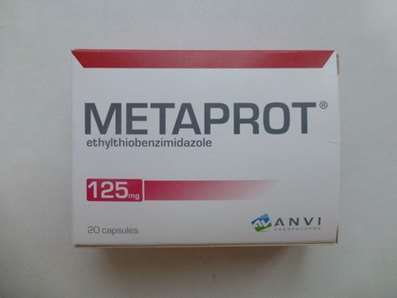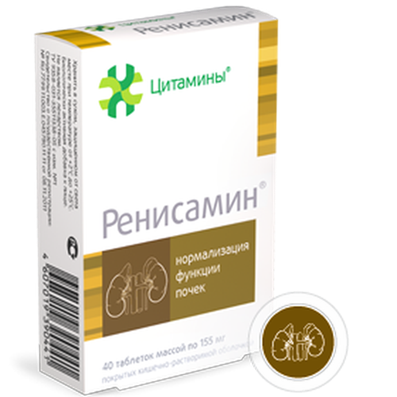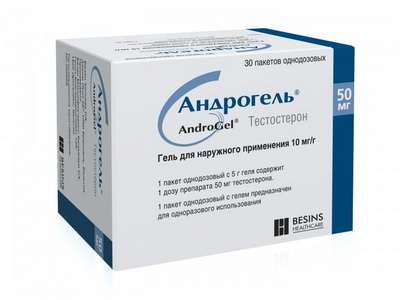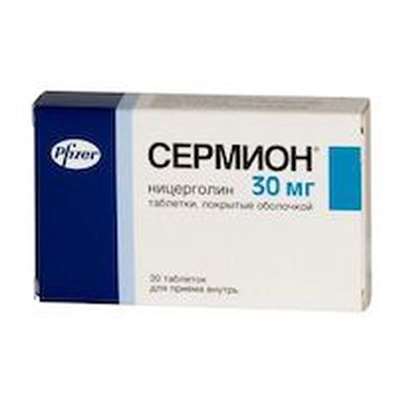Instruction for use: Clomifene
I want this, give me price
Active substance Clomifene
ATX code G03GB02 Clomifene
Pharmacological group
Estrogens, gestagens; Their homologues and antagonists
Nosological classification (ICD-10)
E28.2 Polycystic ovary syndrome
Stein-Levental Syndrome, Polycystic ovary, Polycystic ovary syndrome, Stein-Levental Syndrome, Sclerokrostoznaya disease of the ovaries, Stein-Leventhal syndrome, Polycystic ovary syndrome
E29.1 Testicular function
Leydig cell aplasia, Hypogonadism testicular (primary), Androgen deficiency, Eunuchism, Insufficiency androgenic, Reduced function of the sex glands, Androgen insufficiency, Insufficiency of testosterone, Hypoplasia of the testes, Hypofunction of gonads in men, Insufficiency of androgens in men, Insufficiency of Leydig cells
E91 * Diagnosis of endocrine system diseases
Diagnosis of hypogalactia, Diagnosis of thyroid suppression, Diagnostic test of thyroid function, Diagnosis of hypothyroidism, Diagnosis of disorders of gonadotropic pituitary gland function, Thyroid scintigraphy test, Diagnostics of pheochromocytoma
N46 Male infertility
Azoospermia, Asthenospermia, Infertility, Infertility male, Marriage is infertile, Dispersion, Violations of spermatogenesis, Oligoastenozoospermia III-IV stage, Oligoastenospermia, Oligozoospermia, Oligospermia, Disorders of testicular functions, Spermatogenesis disorders, Inhibition of spermatogenesis, Yang syndrome
N91 Lack of menstruation, meager and rare menstruation
Amenorrhea, Amenorrhea hypogonadotropic, Amenorrhea is prolactin-dependent, Oligomenorrhoea, Shortening of the secretory phase of the menstrual cycle, Menstrual disorders, Menstruation disorders, Prolactin-dependent amenorrhea without galactorrhea
N91.1 Secondary amenorrhea
Amenorrhea due to severe diets, Hypogonadotropic amenorrhea, Disgonadotropic amenorrhea, Postcontraceptive amenorrhea
N93 Other abnormal bleeding from the uterus and vagina
Atonic uterine bleeding, Prolonged menstruation, Blood loss during menstruation, Bleeding from the genitourinary system, Bleeding uterine dysfunctional, Bleeding from the genital tract of organic etiology, Uterine bleeding, Menorrhagia with fibroids, Functional uterine bleeding, Abnormal bleeding from the genitals in women
N97 Female infertility
Female infertility in anovulation, Hyperprolactinemic infertility, Hyperprolactinaemia with infertility, Endocrine infertility, Infertility due to hypothalamic-pituitary dysfunction, Infertility infertility, Infertility, Infertility on the background of hyperprolactinaemia, Functional infertility, Marriage is infertile, Infertility of ovarian genesis, Stimulation of the growth of a single follicle
O92.6 Galactorrhea
Chiari-Frommyl Syndrome, Idiopathic galactorrhea
Composition and form of release
Tablets 1 table.
Clomiphene citrate 0.05 g
Auxiliary substances: sugar milk (lactose), potato starch, food gelatin, magnesium stearate, talcum powder
In a contour acheive box or in a can of 10; In a pack of cardboard 1, 2, 3, 4 or 10 packages or 1 can.
Description of dosage form
Tablets white or white with a creamy hue of color, flat-cylindrical shape, with a bevel.
pharmachologic effect
The pharmacological action is antiestrogenic.
Pharmacodynamics
Antiestrogen of a nonsteroidal structure, the effect of which is due to specific binding to estrogen receptors of the ovaries and the pituitary gland. In small doses increases the secretion of gonadotropins: prolactin, FSH (follicle-stimulating hormone) and LH (luteinizing hormone). Stimulates ovulation. With a low content of estrogen hormones in the body shows a moderate estrogenic effect. With a high content of estrogen has antiestrogenic effect. In large doses inhibits the secretion of gonadotropins. Has no genetic and androgenic activity.
Pharmacokinetics
When ingestion is well absorbed from the digestive tract (gastrointestinal tract). Metabolised in the liver. Undergoes intestinal-hepatic recirculation. T1 / 2 - 5-7 days. It is deduced, basically, with bile.
Indications
Anovulatory infertility (induction of ovulation);
Dysfunctional metrorrhagia;
Amenorrhea (disgonadotropic form); Secondary amenorrhea; Postcontraceptive amenorrhea;
Galactorrhea (against a background of a pituitary tumor);
Syndrome of polycystic ovaries (Stein-Levental syndrome);
Chiari-Frommel syndrome;
Androgen insufficiency;
Oligospermia;
Diagnosis of gonadotropic pituitary gland disorders.
Contraindications
Hypersensitivity;
Hepatic and / or renal failure;
Metrorrhagia of unclear etiology;
Ovarian cyst;
Malignant and benign neoplasms of the genital organs;
Tumor or hypofunction of the pituitary gland;
Endometriosis;
Ovarian insufficiency against the background of hyperprolactinaemia;
Tendency to thrombosis;
Bleeding not associated with ovulation disorder;
pregnancy.
pregnancy and lactation
Contraindicated in pregnancy.
Side effects
From the nervous system: dizziness, headache, drowsiness, slowing of the speed of mental and motor reactions, depression, increased excitability, insomnia.
From the digestive system: nausea, vomiting, gastralgia, flatulence, diarrhea.
Allergic reactions: rarely - rash, allergic dermatitis, vasomotor disorders.
From the genitourinary system: rarely - polyuria, frequent urination, lower abdominal pain, dysmenorrhea, menorrhagia, enlargement of the ovary (including cystic).
Other: weight gain, blood flow to the face, rarely - reduced visual acuity, alopecia, soreness in the mammary glands.
The appearance of signs of ovarian hyperstimulation and general side effects requires a dose reduction or drug withdrawal.
Interaction
Compatible with preparations of gonadotropic hormones.
Dosing and Administration
Inside.
To stimulate ovulation appoint 50 mg once a day before bedtime, starting from the 5th day of the menstrual cycle, for 5 days (in the absence of a cycle - at any time). In the absence of effect (ovulation does not develop within 30 days) increase the dose to 150 mg / day or extend the course to 10 days. The course dose should not exceed 1 g. The development of ovulation is determined by the presence of a two-phase basal temperature, an average cyclic increase in LH production, an increase in serum progesterone during the likely middle phase of luteinization or menstrual bleeding in women with amenorrhea. If ovulation takes place, and there is no pregnancy, then you should repeat the same dose at the next treatment course. If after a possible ovulation did not result in menstrual bleeding, the possibility of pregnancy should be taken into account, and this possibility should be excluded before a new course of treatment.
Men are prescribed 50 mg 1-2 times a day for 3-4 months (systematic monitoring of spermogram is necessary).
Overdose
Symptoms: nausea, vomiting, flushing of blood to the face, impaired vision.
Treatment: withdrawal of the drug (symptoms of an overdose pass independently).
special instructions
Increases the likelihood of multiple pregnancy.
The drug is effective at a sufficient level of endogenous estrogens, is less effective at a low level of estrogens and is practically ineffective at a low concentration of gonadotropic hormones of the pituitary gland. During the treatment, constant monitoring of the gynecologist is necessary, ovarian function control, vaginal examinations, observation of the phenomenon of "pupil" should be performed.
During the treatment period, care must be taken when driving vehicles and engaging in other potentially hazardous activities requiring increased attention and speed of psychomotor reactions.
Storage conditions
In dry, the dark place at a temperature of no higher than 25 ° C.
Keep out of the reach of children.
Shelf life
3 years.
Do not use after the expiration date stated on the package

 Cart
Cart





